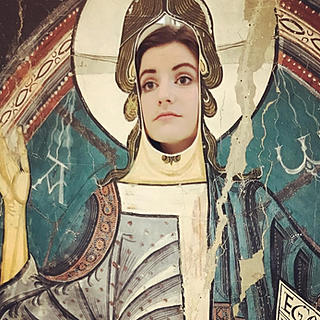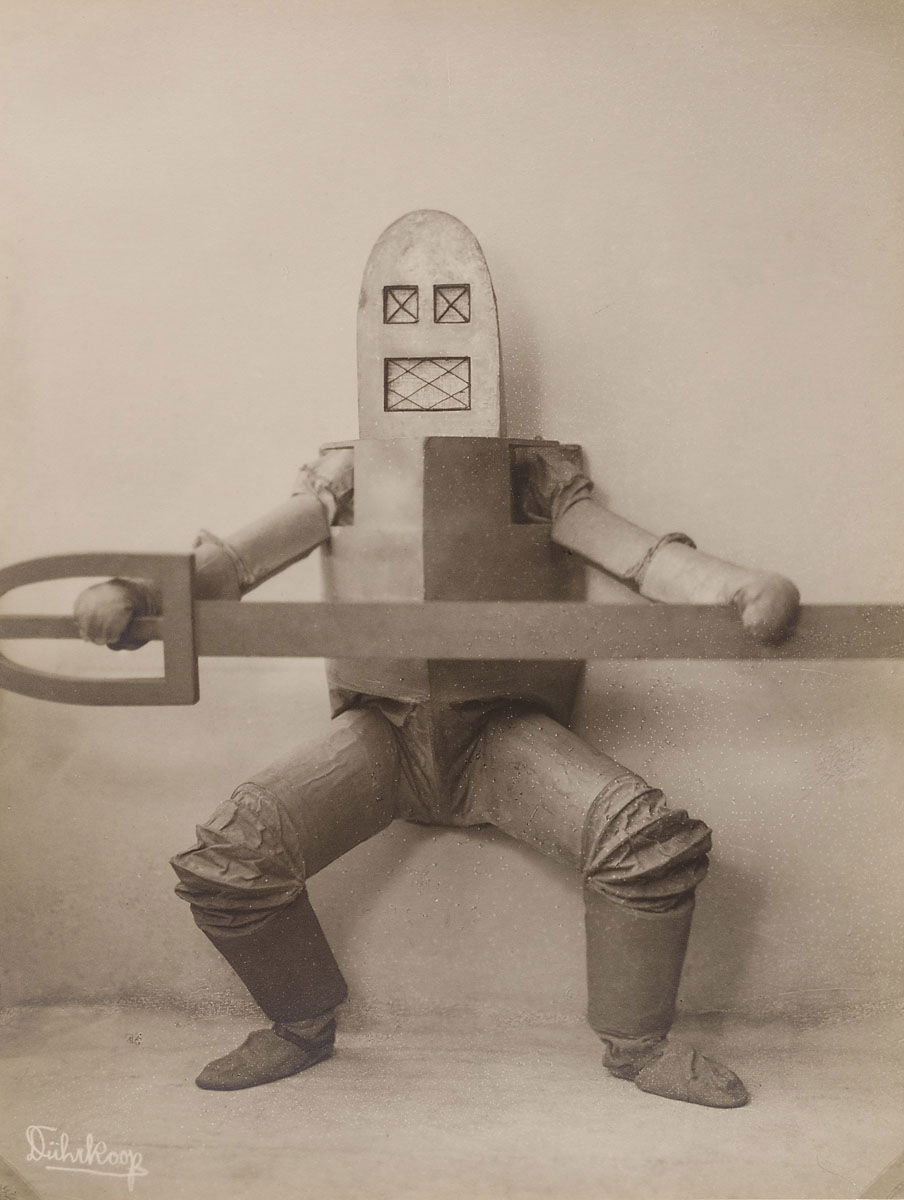Finding Meaning After a Breakup — Through Literature
- Katlyn Roberts
- Oct 8, 2019
- 4 min read
The place before you've found the point.

I’m going through a breakup right now.
I’ve written about how to have a good breakup before and, as far as breakups go, this one was as loving and respectful as it could possibly be. I’m proud of us.
But it’s still painful.
I keep thinking about how the pain receptors in my brain are overfiring and my dopamine levels are bottoming out. You know, all that science stuff you read about when you’re desperately googling how to handle a breakup.
I told myself that I wasn’t going to write about my breakup until I’d gained some perspective. It’s still very fresh and I’m still feeling a lot of conflicting, complicated feelings. I usually find it best to give something like this a good amount of time to percolate before I commit myself to decide on the themes and meanings and morals of the story.
But, as anyone who’s gone through a breakup knows, this is an uncomfortable place to be in — this place before you’ve found the point. It has you frantically looking all around for answers and truths to settle into. I’m finding myself analyzing every dream and every social interaction for some sign that things might make sense again soon. I’m looking for something to grasp onto that could shed some light on my situation. The Daily Horoscope app on my phone simply ain’t cuttin’ it.
So I thought I’d tap into what magic stores are available to me and try something a bit deeper.
My late grandfather (on my dad’s side) left behind a beautiful collection of antique books that I’ve always wanted to read but have never gotten around to.
It’s the “Great Books of the Western World” Brittanica collection: Seventy-two gorgeous leather-bound hardcovers that have sat on the shelf for far longer than I’ve been alive, dusty and untouched (save for a move to San Francisco and another move to Spain) but they glow with the magic of collected knowledge. Eleven of them are children’s books and the rest are a mix of classics and philosophers from Plato to Shakespeare to Tolstoy to Freud.
It’s a white men’s club, obviously, and this should offend me (it does offend me), but I wasn’t consciously aware of that when I was a kid, so, despite myself, the collection still fills me with a child-like reverence and awe.
“The truth is that even big collections of ordinary books distort space, as can readily be proved by anyone who has been around a really old-fashioned secondhand bookshop… The relevant equation is: Knowledge = power = energy = matter = mass; a good bookshop is just a genteel Black Hole that knows how to read.”― Terry Pratchett, Guards! Guards!
My collection isn’t a whole bookshop but I think my 72 books qualify as a mini-black hole, at least. And what better place to wander into when nothing makes sense and you’ve got a bit of time on your hands? Time that used to be spent staring lovingly into someone’s eyes…
I thought I’d start with the children’s books and work my way up to the philosophers. In an attempt to leave it completely up to fate, I went with the very first book on the far left side of the shelf.
Alice’s Adventures in Wonderland.
Perfect, I thought. Into the rabbit (black) hole I go.

Here’s the thing about the first book of Alice’s Adventures in Wonderland — it’s definitely not a guidebook.
It’s a fever dream.
And I really should have anticipated that. I’ve seen the Disney cartoon, I’ve casually paid attention while someone else watched the Tim Burton films in the same room as me, I’ve heard the speculation that Lewis Carroll was on drugs, that he was a pedophile, that the whole thing is just a play on words and a logic game.
But there’s something so enticing about jumping down the rabbit hole. It’s come to be synonymous with the “Call to Adventure/Entering the Unknown” steps of Joseph Campbell’s hero’s journey. And I love me some hero’s journey. I have a whole publication dedicated to it.
But the thing about the Hero’s Journey is that it continues along a path that generally makes sense. Wanting to “see how far the rabbit hole goes” started Neo’s whole journey in The Matrix, for example, and he followed the subsequent steps in the formula pretty damn perfectly. So I just assumed OG herself would follow the rest of the formula as well.
She does not.
Or she does… but only on the surface. She’s called to adventure, but we’re not entirely sure what that adventure is. She meets a mentor, (the White Rabbit) but he doesn’t do any mentoring. In fact, he keeps running away from her. We expect her to cross her first threshold, the little door to the garden that she’s been taking unknown substances to try to fit into for several chapters now… and then she’s whisked away without ever giving it another thought.
Alice falls, she grows, she shrinks, she floats, she comes across strange creatures but she tends to offend them more than she befriends them, and they all literally run around in circles together. Everyone is mad and nobody has any idea what’s going on. One second, Alice establishes awareness of a particular rule of this world and the next, she’s completely forgotten it — because what’s character development?
Was I not in the right frame of mind for this or was I just not British enough?




Comments